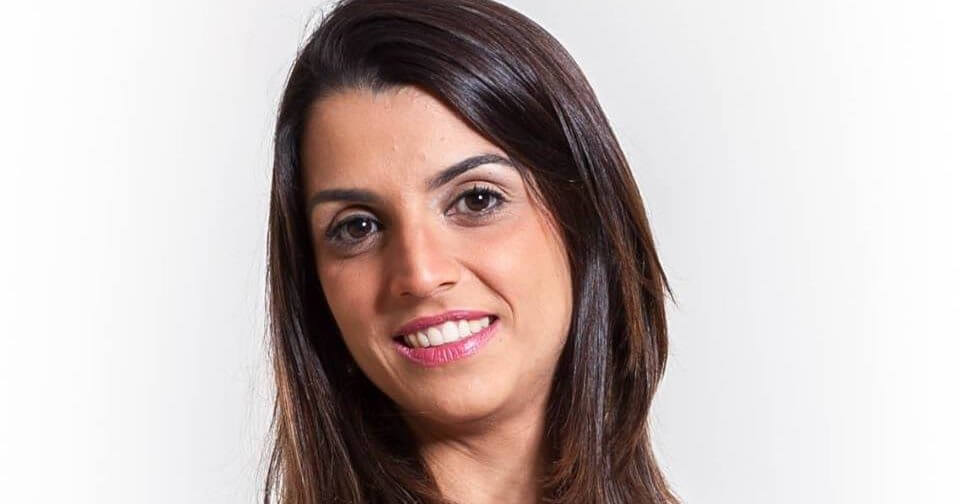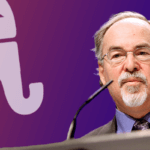
“The vast majority of political parties in Brazil have no ideology whatsoever. They are crony parties who trade political and economic favors, and they do so with those who offer more, regardless of principles or values.”
Before President Dilma Rousseff’s administration came under fire in 2014, Priscila Chammas had never even considered a career in Brazilian politics. After President Rousseff’s removal in January of 2016 and subsequent revelations of corruption, Ms. Chammas, driven by a desire for government truth, ran and was elected to city council in Salvador, Brazil. Now a member of the NOVO (New) party of Brazil, she is a candidate for a spot in its Chamber of Deputies from the state of Bahia. On August 5th, Ms. Chammas joined Merion West’s Erich Prince to discuss her journey to politics, polarization and other issues in Brazil, and how her platform hopes to solve these problems.
You began your career in journalism. Did some of your experiences in journalism spark your interest in politics?
I covered local politics for a while as a reporter, but the truth is that journalism had nothing to do with my decision to pursue a political career. It was more about a wrath as I saw everything going wrong in Brazil. We were distancing ourselves from development. I started thinking about it after the crisis in Dilma Rousseff’s administration, between 2014 and 2015. Before that, I had never been involved with politics.
As a candidate for federal deputy, what do you see as some of the biggest issues facing Brazilian citizens today that people in the United States might not be aware of?
Heavy taxation over both wealth generators and the poor, bureaucracy, a very large state that wants to take care of everything but only makes things harder for people. Brazil is the number 153 country at the Heritage Foundation economic freedom index and number 125 country in Doing Business. It’s impossible for any country to economically flourish holding those numbers. Corruption itself is a result of too much power concentrated in the hands of politicians. Politicians and bureaucrats cannot have favors to sell. The economy and the state need to move apart.
A lot of the commentary here at Merion West deals with the state of polarization in the U.S. government and the divide between Republican and Democrat parties. Do you see a similar trend happening in Brazilian politics or is this effect mitigated by the presence of smaller parties that are able to get elected due to proportional voting?
Yes, since the crisis of the Dilma’s administration, politics in Brazil has become quite polarized. Friendships are broken every day due to political disagreements. The far-left’s failure gave rise to another extreme group, which even calls for the return of the military dictatorship. Basically, the two are very similar in their authoritarianism, as the horseshoe theory shows (the far-left and the far-right in fact closely resemble one another). They want the state to force others to live up to their beliefs. I just want the state to leave people alone.
As a result of having so many smaller parties, there could be problems of fragmentation. Has it been an issue in politics in the past? Are there ways to combat this?
The vast majority of political parties in Brazil have no ideology whatsoever. They are crony parties who trade political and economic favors, and they do so with those who offer more, regardless of principles or values. That happens because they sustain themselves with public money. They don’t need to worry about being coherent and pleasing voters. The only party in Brazil that does not behave this way is NOVO, of which I am an affiliate. We do not take a penny of public money. All funds raised by the party comes from its affiliates. It is them that the party must please, in a dynamic similar to free market.
You also ran for councilwoman in Salvador in 2016. What sort of issues did you focus on in that campaign, and how does it compare to the kinds of problems facing Brazil in 2018?
My platform will continue to defend free enterprise and individual liberty. I want the government to stop persecuting those who want to work and create jobs. But in 2016 it was a municipal election. Now the situation is completely different. Under the Brazilian federal pact, contrary to what happens in the U.S., states and counties have almost no autonomy to make their own laws and manage their budgets. Everything is very concentrated at the federal level. That is why as a federal deputy I would be able to do much more than as a councilwoman.
One of the main issues you focus on in your campaign is poverty. What are some of the causes behind poverty in Brazil and what ways do you suggest to combat it?
Poverty in Brazil is to be blamed on the state. Government here relentlessly persecutes the generation of wealth. How can we possibly fight poverty if it is so difficult to work, create jobs, and boost the economy through free enterprise? How do we want to end unemployment, if we are one of the countries that overtaxes the payroll with several tariffs? How do we want to make consumer goods affordable if companies need to spend more time calculating taxes and dealing with bureaucracy than with their business itself? Those are things that seem to be obvious, but as time goes by nothing changes. In fact, sometimes it changes for the worse.











